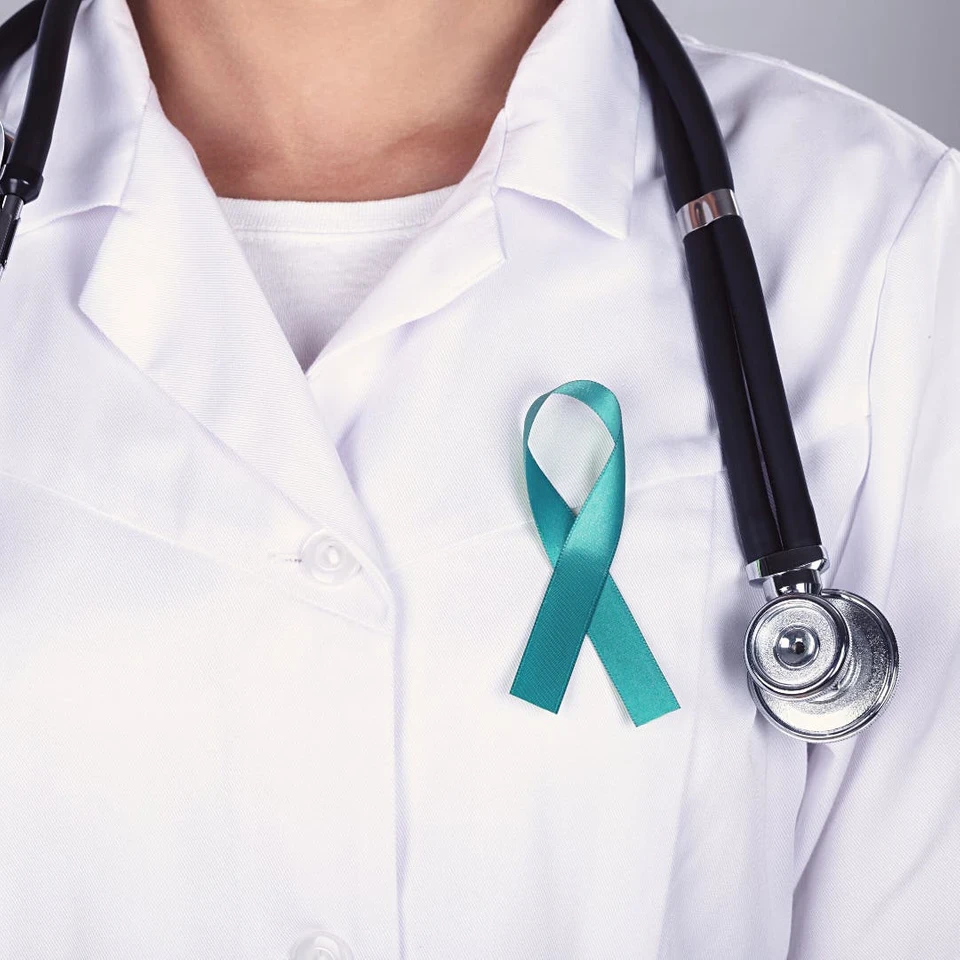Ovarian Cancer Survival Rate
Ovarian cancer is a serious disease and ovarian cancer is the fifth leading cause of cancer deaths among women. Unfortunately, it is often referred to as the “silent killer” due to its symptoms being difficult to detect in its early stages. Approximately 1 in 78 women will get ovarian cancer in their life. The specific type of ovarian cancer affects survival rates. The cancer type with the best prognosis are germ cell tumors and stromal cell tumors. Both of these have a 5 year survival rate of of 90 percent or higher. Epithelial ovarian carcinoma has a worse prognosis with a five year survival rate of 49%.
1 Year Ovarian Cancer Survival Rate
The one-year survival rate refers to the percentage of people who are still alive one year after being diagnosed with the disease. According to the American Cancer Society, the one-year survival rate for ovarian cancer is approximately 92%. This rate has not been adjusted for age or for cancer type. Younger patients are likely to do better and live longer.
The survival rate is higher for women whose cancer is detected early, before it has spread to other parts of the body. The survival rate is lower for women whose cancer has spread to other parts of the body, known as advanced stage. It is also important to note that these statistics are based on averages and do not take into account individual factors such as age, overall health, and response to treatment. In addition, seeing a Gynecologic Oncologist, or a doctor that specializes in Ovarian cancer, has demonstrated an overall better prognosis.
Ovarian Cancer 5 Year Survival Rate
Age at diagnosis is a very important factor in determining the prognosis of a patient with ovarian cancer.
For women who are younger than 50, about 73% will be alive at five years. This decreases to about 54% for women ages 50 to 64 and it is much less at 34% for women who are older than 64.
If a person has an epithelial ovarian carcinoma, then the five year survival rate of 49%. (this is redundant to what was mentioned above)
The most poor prognosis is for those women who are older with a more aggressive cancer type and stage. In addition, prognosis is also correlated to how successfully the cancer responds to additive chemotherapy, if this is recommended
Related: Is My Vagina Normal? Plus A Female Anatomy Chart
Early Detection Ovarian Cancer
Early detection is key when it comes to ovarian cancer. The earlier the cancer is detected, the better the chances of survival. The five-year survival rate is over 93% when ovarian cancer is diagnosed and treated in its earliest stages. Unfortunately, it is sad to say that only 20% of cases are found early. Early stage ovarian cancer is considered to be stage 1 or 2. When ovarian cancer is detected in stage 3 or late, the survival rate declines significantly. This is usually because stage 3 cancer is specified by further spread beyond the pelvic organs.
Symptoms of ovarian cancer can be subtle. Some possible signs and symptoms are abdominal bloating, pelvic pain, belly pain, feeling full quickly, difficulty eating, and abdominal swelling. In addition, individuals may present with alterations in their menstrual cycles. Some patients can also have urinary symptoms like needing to go to the bathroom very frequently or decreasing frequency of urination
If you experience any of these symptoms, it is important to speak with your doctor. If you have a family history of ovarian or breast cancer, or a family history of genetic mutations associated with ovarian cancer, you may be at a higher risk than other individuals.If you do have an increased risk based on genetic risk factors, you may be referred to a genetic counselor to outline your specific risks and what you can do to decrease your risk of cancer. Be sure to talk with a doctor on what you might be able to do if you are in a high risk population.
Sources:
https://www.cancer.org/cancer/ovarian-cancer/detection-diagnosis-staging/survival-rates.html
https://moffitt.org/cancers/ovarian-cancer/survival-rate/
We discuss products we think are useful to people. If you buy something through our links, we may earn a commission. Remember to check with your personal physician to see if a product recommended is right for you.








